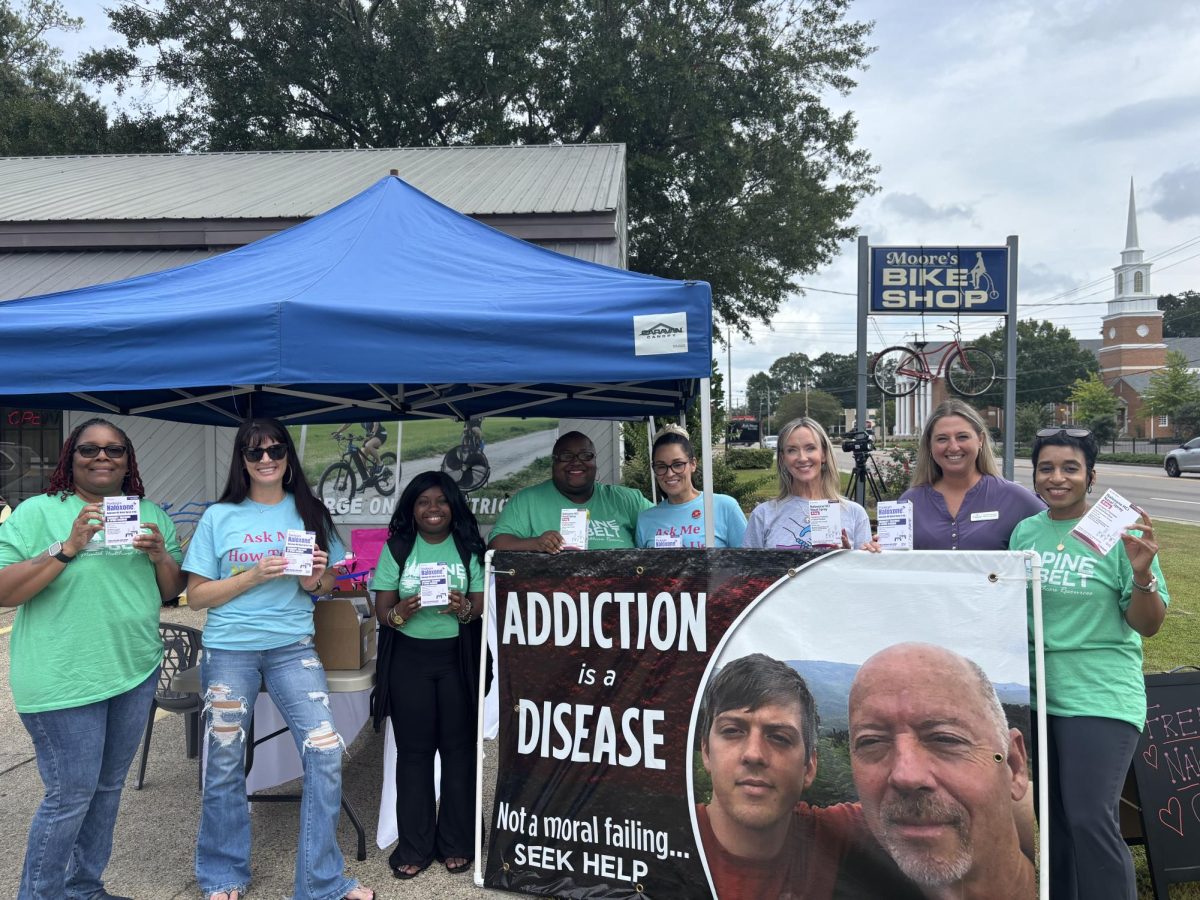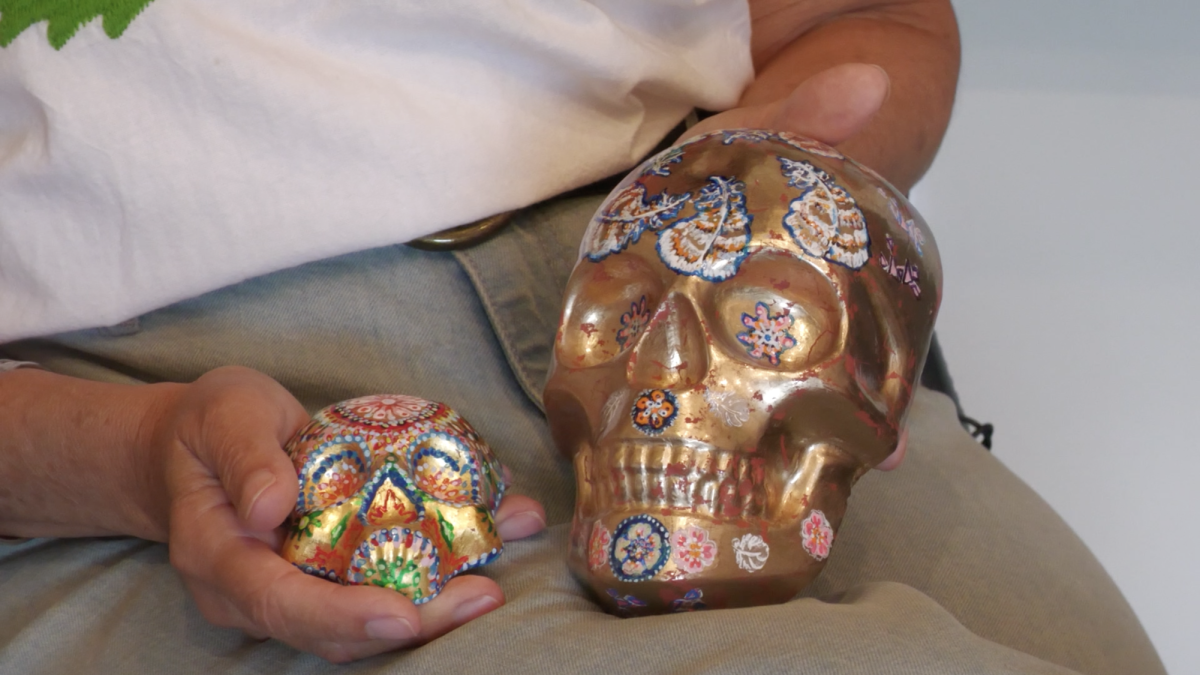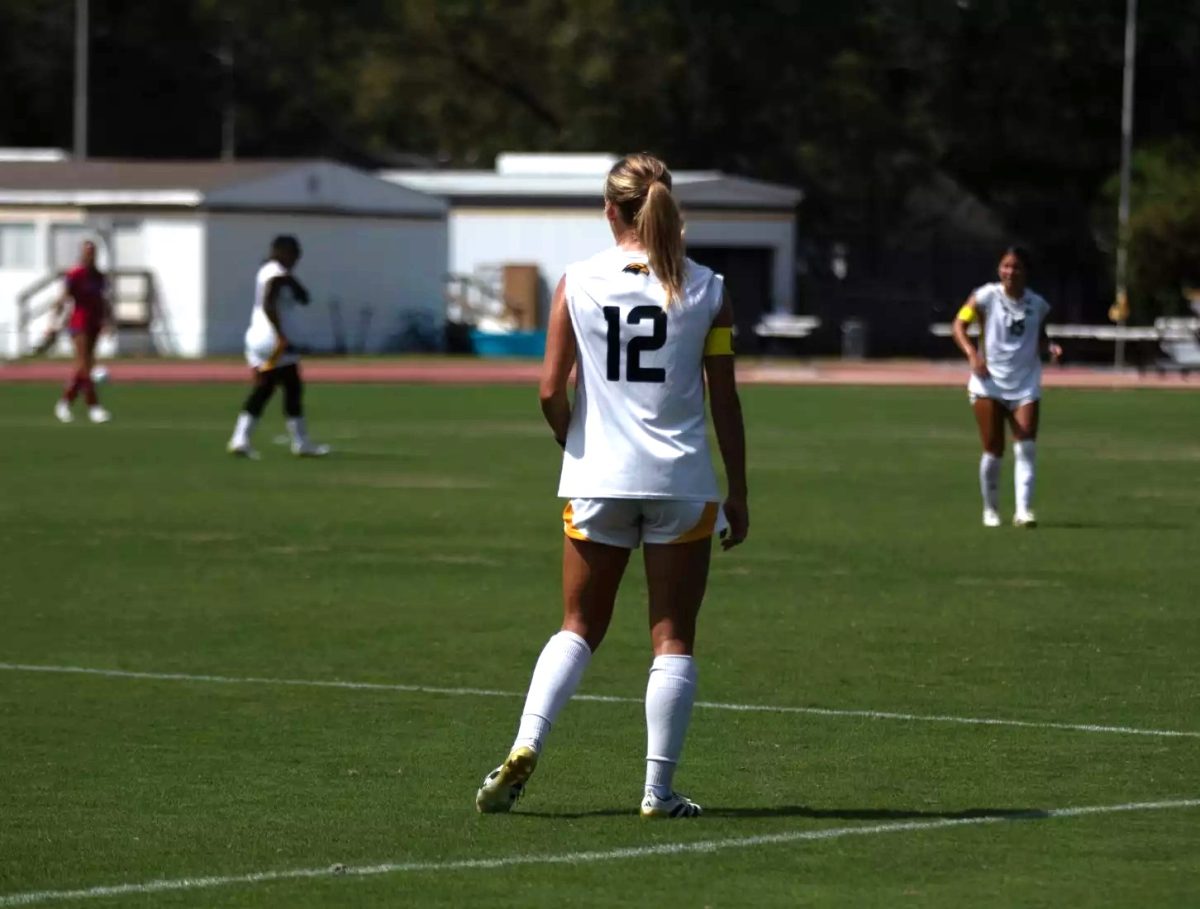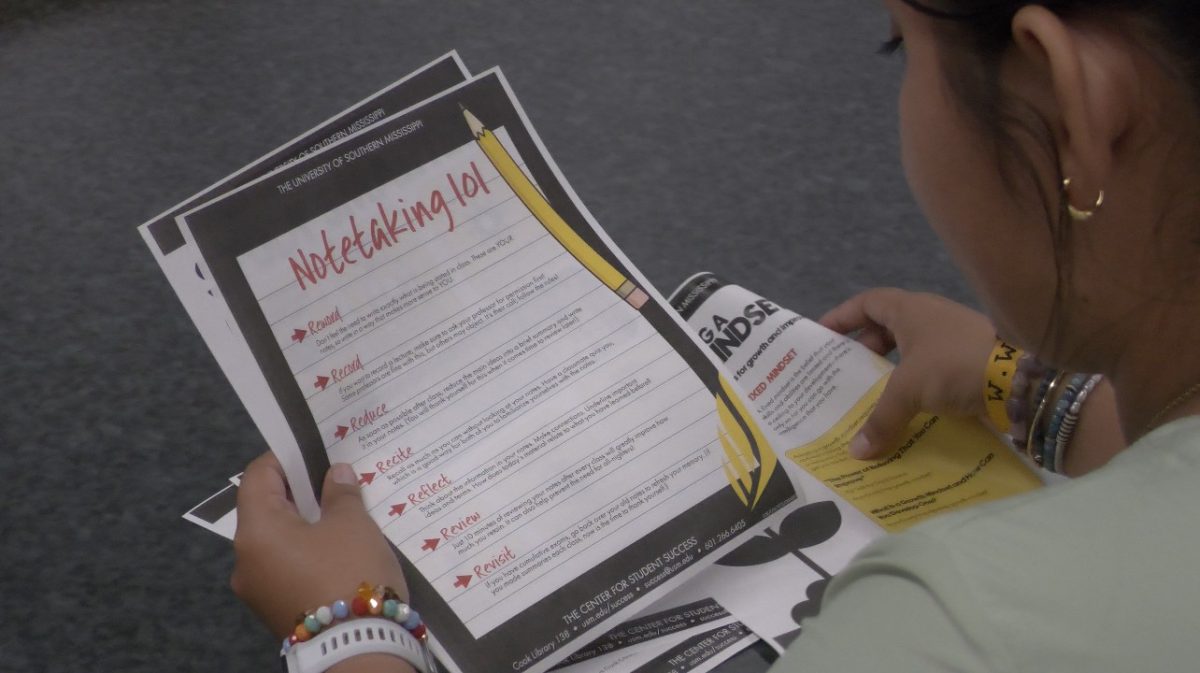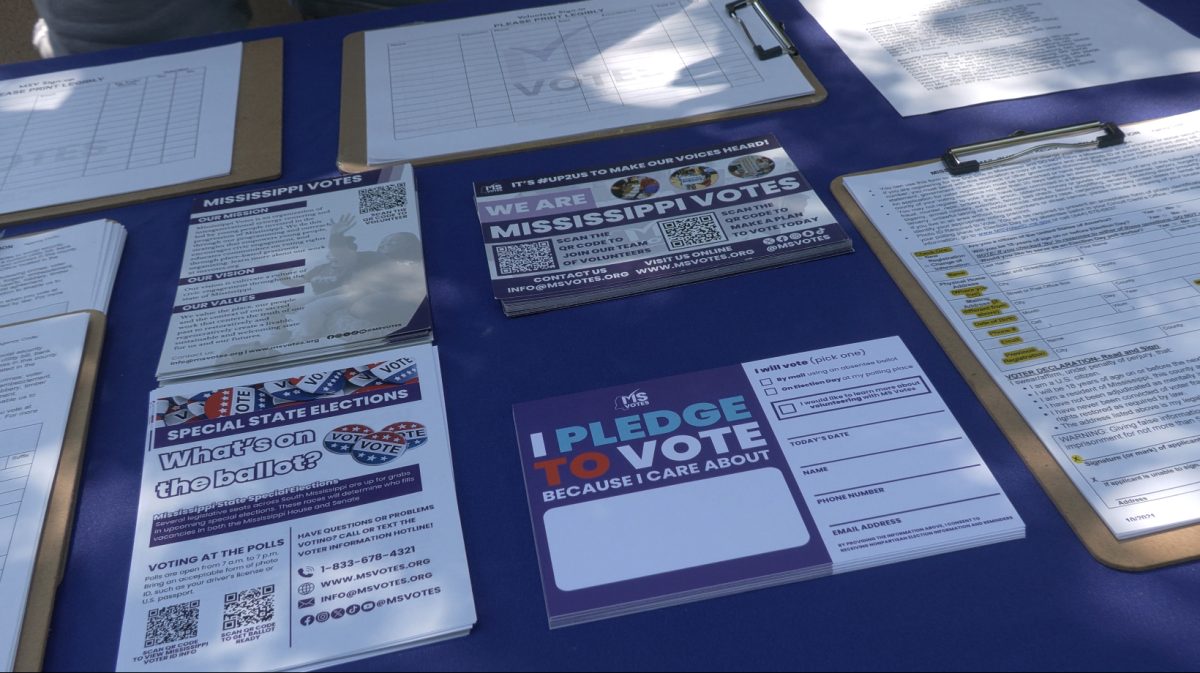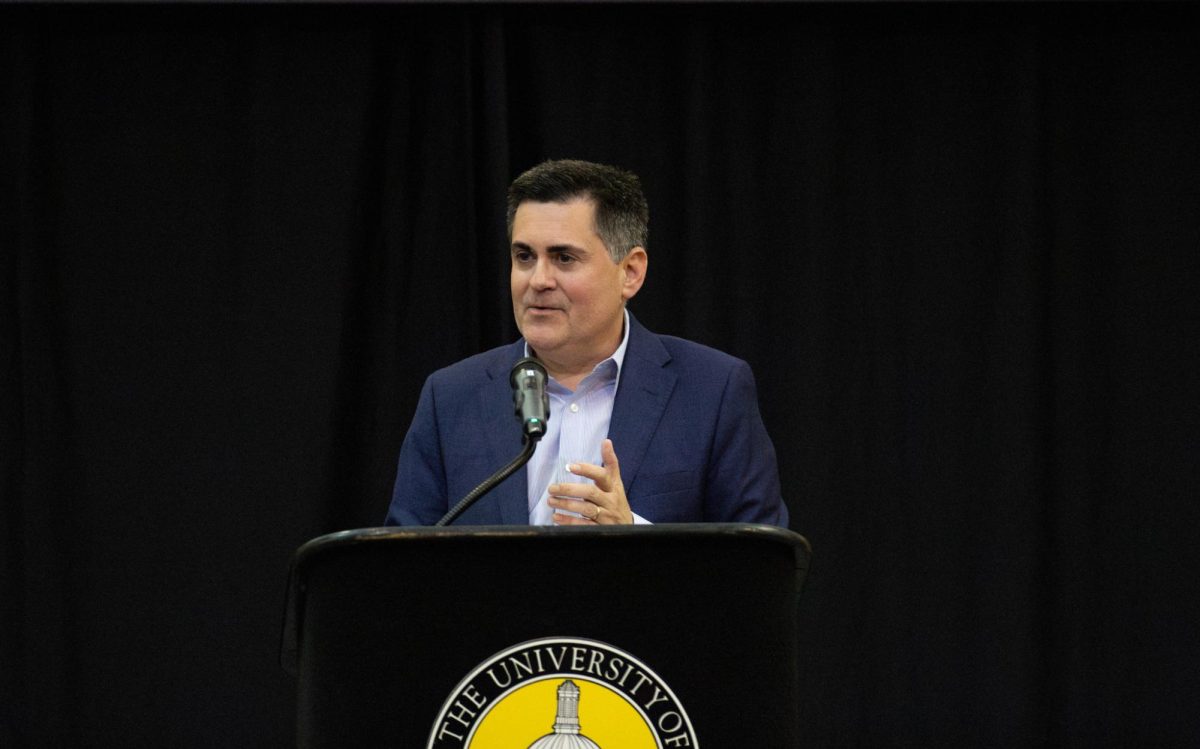The University of Southern Mississippi recently received a $1.9M grant from the National Science Foundation (NSF) to boost STEM student success by targeting incoming freshmen who require Calculus I as part of their curriculum. It was granted by the Scholarships in Science, Technology, Engineering, and Mathematics (S-Stem) program.
The grant will start a new scholarship program called The Last Dollar Scholarship, which aims to increase the graduation rate for STEM majors. It covers the gap between the cost of attendance and the scholarship given to the student. Students receiving the grant will also be in a cohort and get extra support. The students will have a faculty mentor in their field, will receive graduate school advising through the McNairs program and will also obtain special tutoring through TRIO Student Support Services.
“We have faculty members from across eight different disciplines at the institution who will be serving as mentors for the students,” Dr. Jonathan Hugh Broome, an associate professor of Chemistry, said. “We have some students who have applied for the grant and it will be open again next fall.”
The program is funded to last for the next six years and is estimated to provide scholarships to 60 full-time undergraduate students. Some of the majors that qualify for the scholarship are chemistry, physics, polymer engineering, ocean engineering and geology.
To be able to apply for the grant, the student should be majoring in one of the 17 STEM degrees that require Calculus I, with a high school GPA between 3.32 and 3.95. The student must be a U.S citizen with an ACT score between 22 and 30 and be eligible for the Pell Grant..
Institutions can apply for the grant to help increase their STEM degree production. According to Dr. Broome, the chance of getting the grant is somewhere around 20%. Broome explains that the interdisciplinary focus of the university’s proposal made it competitive and made it stand out.
“It is a difficult grant to get,” Broome said. “We are extremely excited because this will allow us an opportunity to help financially disadvantaged students earn degrees in STEM.”


